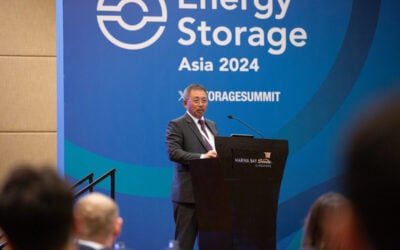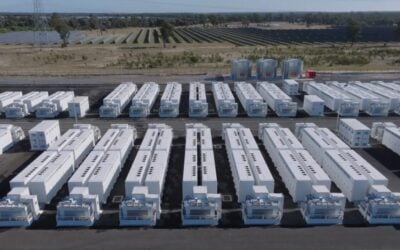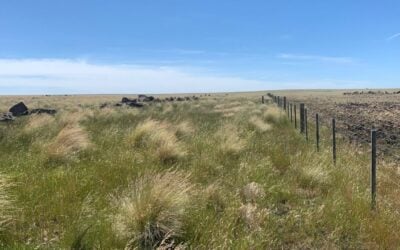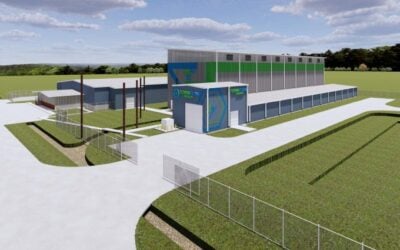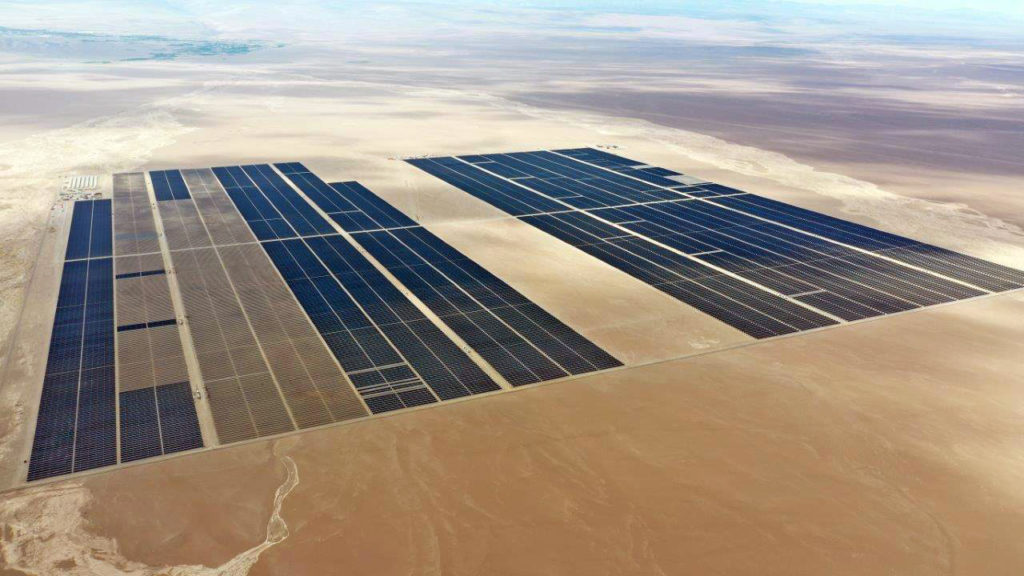
Developers Fotowatio Renewable Ventures and oEnergy have moved forward with environmental impact assessments (EIA) for two PV co-located battery storage projects in Chile, one of which is an 8-hour lithium-ion system.
The first is the Cormorán Photovoltaic Park Project which combines a 24MWp solar PV array with an 8-hour duration, 9MW/72MWh lithium-ion battery energy storage system. An EIA was submitted to the government body responsible for processing assessments on 27 January, 2023 by developer oEnergy.
Enjoy 12 months of exclusive analysis
- Regular insight and analysis of the industry’s biggest developments
- In-depth interviews with the industry’s leading figures
- Annual digital subscription to the PV Tech Power journal
- Discounts on Solar Media’s portfolio of events, in-person and virtual
The company, through vehicle Cormorán SpA, is planning to invest US$66 million in the project, which would be located in the Maule region, south of the capital Santiago. The battery storage unit, comprised of 66 containers, will primarily provide renewable load shifting, moving the energy from when it is generated to when it is most needed.
OEnergy aims to have the project online in the first quarter of 2025.
A render of a ‘reference’ battery storage unit from Huawei was included in the EIA document from oEnergy, which did not clarify if the Chinese multinational technology firm would be the provider for the project.
The second project is a comparatively larger PV plant with 458MW of peak power and 432MW of nominal power planned in the Huasco province, part of the Atacama desert in the north of Chile, known as the sunniest place in the world.
The Llanos de Marañón Photovoltaic Park, being developed by Spain-based renewables firm Fotowatio Renewable Ventures (FRV) will also include a battery energy storage system (BESS), and was approved to submit an EIA this week (6 February).
FRV’s filings on the Chilean regulator’s site did not reveal the storage capacity of the project, but did say the company planned to invest a total of US$372 million in the Park.
The energy storage market in Chile is set to get a boost from a bill passed in October by the country’s senate which allowed standalone systems to receive income from dispatching their energy and power in the country’s National Electric System market. Most projects to-date have been co-located with solar or wind and this has continued since the bill.
Since October, Enel Green Power started work on a 34MW battery storage system connected to a wind farm, utility Colbún inaugurated a solar-plus-storage unit of similar size, while Engie Chile ordered a 638MWh battery energy storage system from Sungrow for a PV project.

